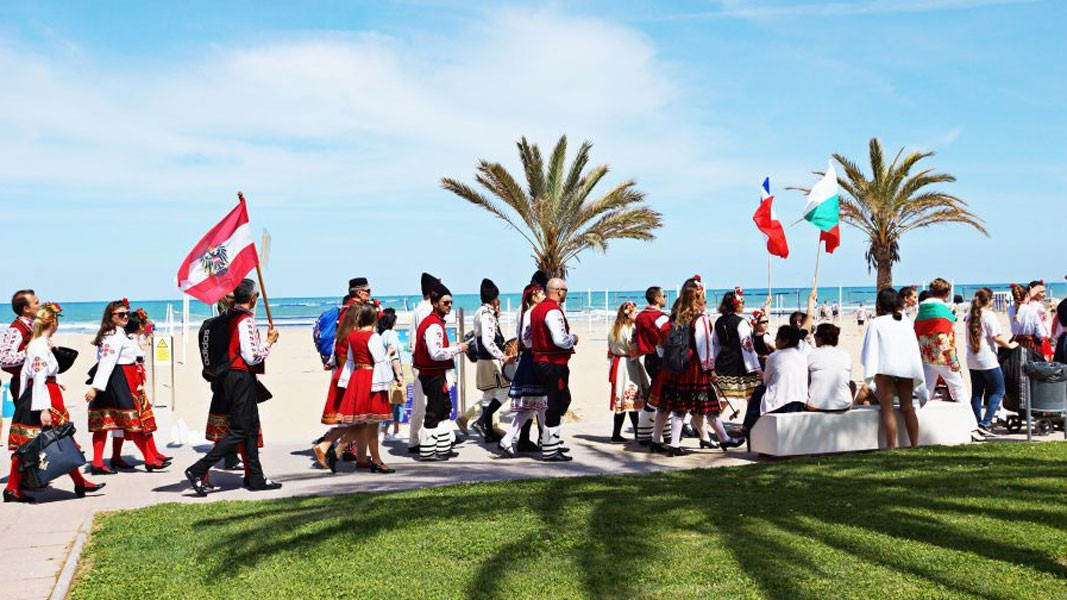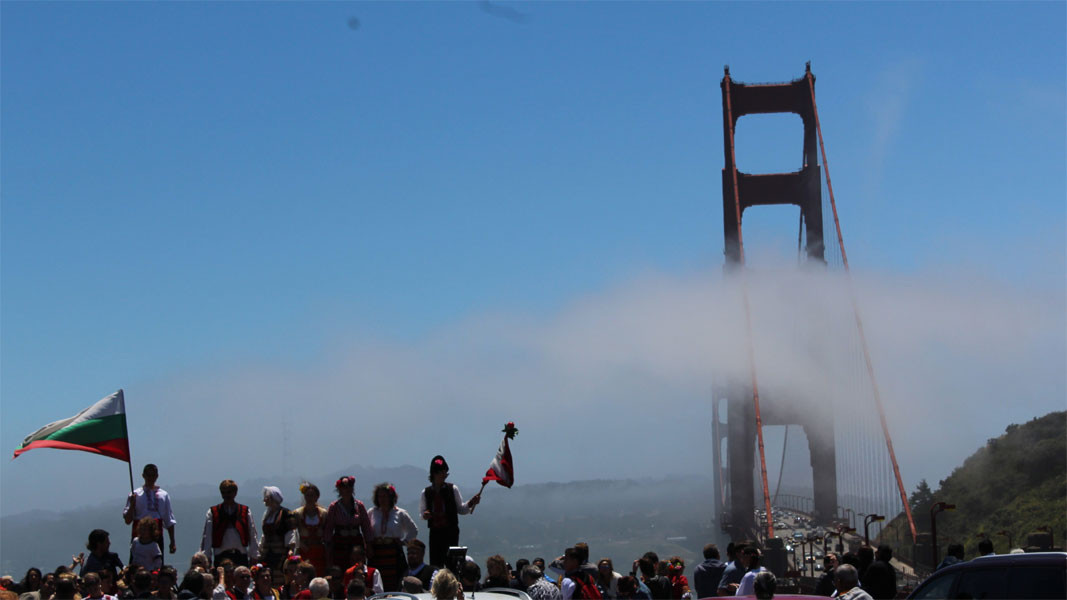21 May is a United Nations–sanctioned World Day for Cultural Diversity for Dialogue and Development – a day on which various initiatives are launched to promote respect and acceptance of different cultures.
In our day the most vigorous ambassadors of Bulgarian culture abroad are our compatriots who live outside the bounds of the country. They are the people who represent Bulgaria and what it stands for in the communities where they live.

“Bulgarians abroad keep the bond with the language, with tradition alive, and that is something we see among the older emigrants but also among their children however different the social contexts in which they live may be,” says Assoc. Prof. Nikolai Vukov from the Bulgarian Academy of Sciences’ Institute of Ethnology and Folklore Studies with Ethnographic Museum of the.
He is a member of a team which conducted a large-scale study of the cultural heritage and the establishment of various institutions by the Bulgarian historic and modern-day migrant communities. Besides the relatively well-studied Bulgarian diaspora in Europe and USA, the researchers also focus on migrant groups in South America, the Middle East, Africa, Australia, Canada etc., which have so far gone practically unstudied.

Even though modern means of communication have made the world so much smaller, making it much easier to keep in touch with one’s native country, there are all kinds of difficulties our fellow countrymen encounter in their endeavour to preserving their cultural identity. These problems vary, depending on the different cultural, political and social contexts, that is what makes it difficult to make generalizations.
“Still there are some obstacles they have in common and they are connected most of all with the concentration and consolidation of Bulgarian emigrants abroad,” Assoc. Prof. Vukov says, and explains that when communities are concentrated around a nucleus they have a more compact presence in the respective country or city. Another important factor is how the local country is helping emigrants through various legislative, cultural and political measures – opportunities to create national emigrant institutions within the foreign context. All of these difficulties accompany the process of creating, establishing and maintaining Bulgarian institutions abroad. These institutions are a principal factor for preserving the Bulgarian cultural heritage abroad.”

The Bulgarian schools abroad, the church communities and the cultural centres are just such important institutions as they are the focus of different kinds of activities connected with keeping traditions alive.
“Often these institutions are self-organized, when they are not in partnership with the Bulgarian authorities. They come as a result of an inner need to maintain a network of fellow countrymen in a foreign country and a desire to create institutions for these activities so that the practices of keeping tradition alive may be sustainable in spite of the different context in a different country.”

However different the practices connected with the establishment and with maintaining community life in the different countries of residence may be, there are a number of practices, connected with their bond with Bulgaria that the Bulgarian communities have in common – the major holidays and a broader spirit of empathy for the Bulgarian community as such. This is demonstrated in the film “Ambassadors of spirituality”, which includes field research videos from this large-scale study of the Bulgarian diasporas on four continents.
Support for the activities of the Institute of Social Activities and Practices in Sofia is the cause that will unite organizers and guests of the Viennese Ball, which has become a tradition for the Bulgarian capital. This year's edition, scheduled..
Topics related to renewable resources and natural disasters united students from the Bulgarian Sunday School "Assen and Iliya Peykovi" in Rome, the First English Language School in Sofia and the Greve High School near Copenhagen. The project aims to..
More than 50 wine producers from Bulgaria and Greece are going to take part in the contest for best wine with which the two-fay wine festival will kick off in Delchevo village near Gotse Delchev. Expert oenologists will evaluate a total of 134..
Easter 2020 went down in history with two things. The first was the state of emergency, introduced due to the Covid-19 pandemic that..
152 years after Bulgaria lost its beloved son and advocate for a free, independent and tolerant state – Vasil Levski, his personality continues to excite..
152 years after the death of the Apostle of Freedom, the personality of Vasil Levski continues to excite Bulgarians, regardless of whether they are in the..

+359 2 9336 661
